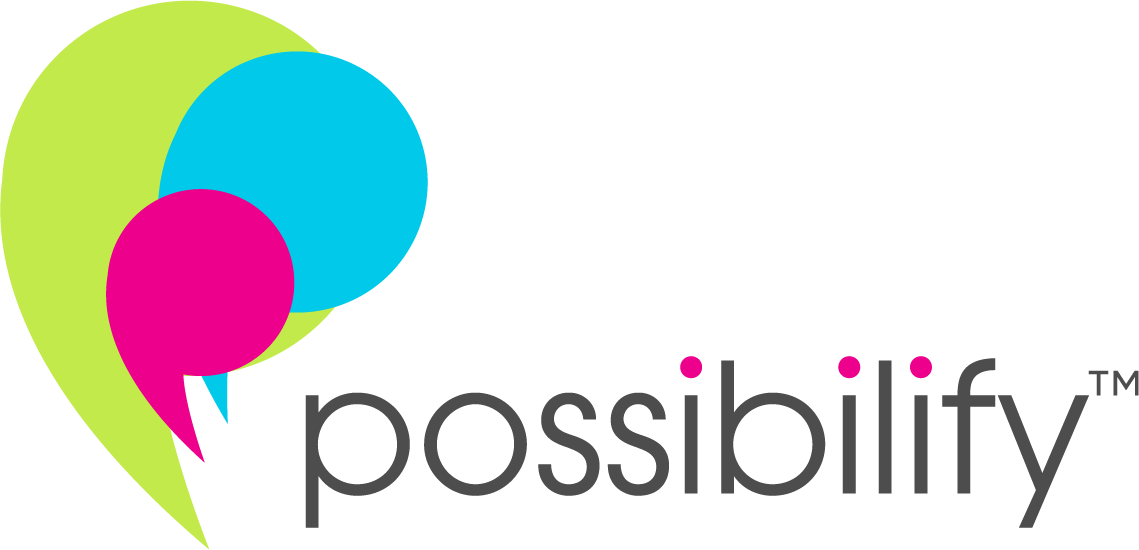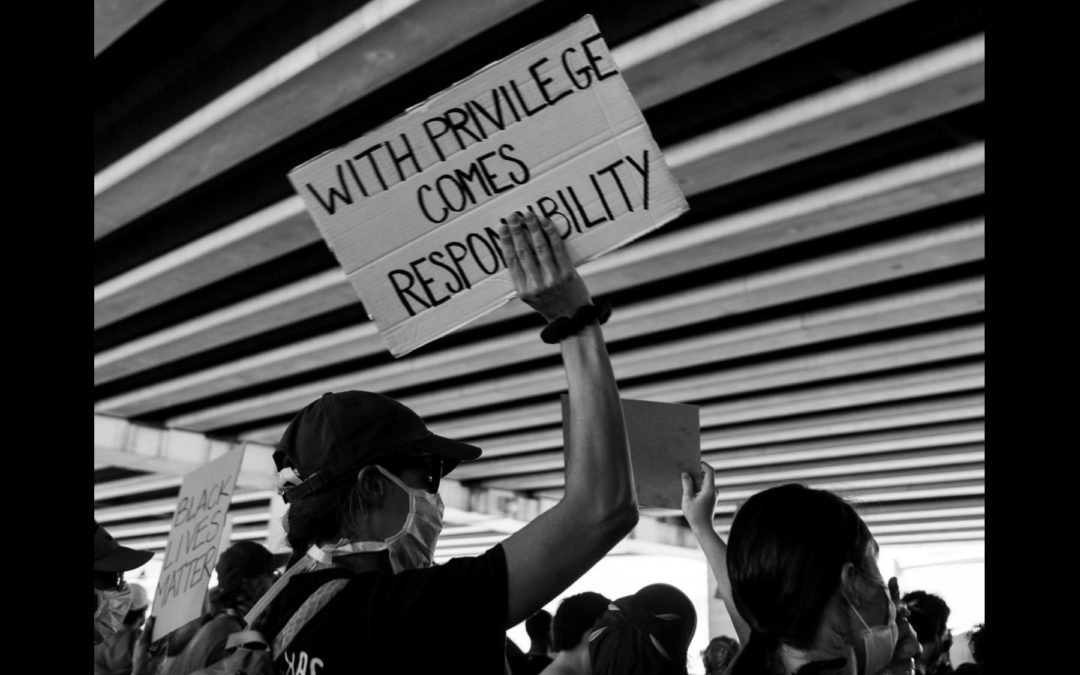- Anti-Racism Tip #8: If It Needs a Disclaimer, Don’t Say It - October 18, 2022
- On Tender Moments that Take Us By Surprise - May 18, 2022
- Finding Creative Ways to Exercise During the Pandemic - April 29, 2022
As we watch the worldwide protests against the brutality of racist police violence and excesses in state power, many wonder how we can respectfully show our support. How can we actively participate? How can we stand, walk and work alongside those who insist that Black Lives Matter?
Most of us, including me, have made mistakes. We wonder if by posting that black square on our social media wall, we made a terrible misstep. We wonder whether to share our own opinions or be quiet to create space for Black leaders, activists and community members’ voices to take precedence. We wonder how to question our internalized racism without burdening Black people with the responsibility of educating us out of our ignorance. We wonder what to do next.
There are so many perspectives, so many choices, and so many potential missteps.
As you navigate this journey, the most important part of struggling through this is to not get paralyzed into inaction. It is unhelpful to just sit quietly by. Inaction and paralysis will not end racism.
To encourage you to keep moving forward, over the next weeks, months and years, I’ll be sharing the lessons I have learned in my attempts, as an outsider, to walk respectfully in solidarity with Indigenous Peoples as they actively resist colonialism and systemic racism. I will share thought-provoking articles, videos, and activities that you can complete to expand your knowledge and reflect on how you can contribute to anti-racism.
So who are you to give these tips, anyway?
So first, in accordance with anti-oppression frameworks and Indigenous protocols, I start by grounding and placing myself.
My Dad, Michael Manley-Casimir is White and immigrated to Canada from England in his 20s to respond to a teacher shortage in British Columbia. He got his PhD in Education at the University of Chicago and spent the majority of his career as a Professor of Education or as I used to say when I was little “teaching teachers how to teach”.
My Mom, Elsie Manley-Casimir, is Japanese-Canadian born and raised in British Columbia. My Mom has her teaching degree and her MBA. She was successful in various careers, including teaching, social and strategic planning, raising funds in the not-for-profit sector to support community-based initiatives and in the corporate sector. Both my parents are committed to social and racial justice and these values were deeply ingrained in me and my siblings from a young age.
I became interested in the area of Aboriginal law while I was completing my undergraduate thesis on the internment of Japanese-Canadians during WWII. In that thesis, I studied the way that the Canadian government enacted laws and policies targeting Japanese-Canadians during WWII and stripped Canadian citizens of their fundamental rights and freedoms and forced Japanese-Canadian families into prison camps. My Mother was just 6 months old when her and her parents were imprisoned in those camps. The seven years of internment have had a lasting impact on the lives of those who were interned and the Japanese-Canadian community as a whole.
While I was writing this thesis, I took a course in Aboriginal Public Policy. What immediately struck me was the way that the Canadian government enacted assimilative laws and policies to undermine Indigenous legal and governance structures, forcibly and violently relocate Indigenous Peoples, and “clear the land” for White European settlers. I was particularly struck by the fact that these laws and policies have been in place for hundreds of years and the amount of harm that the government has caused Indigenous Peoples during this time, including through the imposition of the destructive and violent Indian Residential School system. In law school, I shifted my focus to Aboriginal law and have been thinking critically about how Canadian laws disproportionately and negatively impact Indigenous Peoples and people ever since. I completed my law degree then went on to complete a Master of Laws and a PhD in Aboriginal law.
I work alongside deeply inspiring, fearless, thoughtful Indigenous and non-Indigenous colleagues. We deliver a carefully crafted, transformative anti-racism and anti-colonialism curriculum. I have the honour of learning from Indigenous Elders, friends and people who have provided gentle, and sometimes not so gentle, correction as I have done this work.
Over several decades, I have reflected critically on how to walk in solidarity as a non-Indigenous person who has European and Japanese-Canadian ancestry; as a person whose ancestors are colonizers on one side and whose ancestors on the other were imprisoned by the Canadian government during the internment as enemies of the state. I have thought a lot about my privilege as someone who is cisgender, heterosexual, securely employed, a lawyer, non-disabled and highly educated. I have also thought a lot about the ways in which other aspects of my identity have led to discrimination and disadvantage, particularly as a racialized woman (and the complex ways my light-skinned privilege factors into that).
This is the perspective I bring to the work of solidarity. I share these lessons as someone who has spent a lot of time learning, listening, and critically reflecting on the appropriate role of outsiders to support struggles for respect, liberation, and equality.
Reflect on your identity and privilege
You may be wondering why did you spend so much time describing yourself, Kirsten? Well, this is the first tip: become aware of and reflect on the various aspects of your identity. Reflect on how your identity affect your perspectives and how your identity has created privilege and disadvantages for you in your life.
Your identity matters. Your identity determines how you experience the world and the perspectives you carry. In the context of anti-racism, it matters whether you self-identify as White, Black, biracial, multi-racial, as a member of another racialized group or as an Indigenous person. It matters whether you hold White or light-skinned privilege because that can affect how others perceive and treat you. As Mellody Hobson says, the goal is not to be color blind, it is to be “color brave.”
So start by reflecting on your identity and how it creates privilege. Privilege is often unearned and may be invisible to you until you start to look for it. Think about how your identity may or may not have created disadvantages for you in your life. Take some time to complete the following exercise on privilege by Peggy McIntosh called Unpacking the Invisible Knapsack. (It will take you about 20 minutes so set aside some time to do this and then post a reflection on your reaction to this activity in the comments section below.)
In appropriate moments, because you want to be careful not to make it all about you (look for a future article on this), be explicit about your identity as you attempt to walk respectfully alongside those struggling against systemic racism and oppression. In other words, position yourself by sharing your identity to ground and place yourself in the struggle.
You are part of the solution
The other thing that you can reflect on, if you have gotten this far, is that part of your identity is as someone who is committed to learning about anti-racism and taking action for a more equitable world. You are part of the kind-hearted, well-intentioned majority who are willing to listen, to learn, and to open your hearts and minds to new information that may shift your perspective. You are part of the group of people who believe in the humanity, dignity and equality of all and want to take action to remedy the systemic racism and injustices that are so apparent in North American societies.
So thanks for being part of the solution. I’m writing this series of articles for you.
Read through the articles as they come. Check out the embedded links to articles, books, videos and podcasts. Complete the activities I suggest. Attend to and reflect on the emotions that you feel when you read, listen and watch these things. Discuss what you are learning and the emotions it creates with others around you.
Spend time this week considering your identity and your unearned privilege. Then look for Tip #2: Be Humble next week.
We would love to hear your thoughts and comments below, including your reflections on any of the video or exercise mentioned above.
Photo by Lan Nguyen on Unsplash
If you liked this article, check out:


Recent Comments